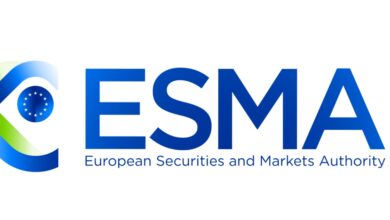Republican Lawmakers Form Crypto Working Group to Push Regulation

Republican lawmakers are ramping up efforts to establish clear regulations for the crypto industry, launching a bicameral working group focused on stablecoins and digital asset market structures.
Announced on Feb. 4 during a Capitol Hill press conference, the initiative represents a coordinated push by key House and Senate leaders to create a regulatory framework for crypto—an issue that has remained unresolved for years.
The working group includes members from four major committees—the House Financial Services Committee, the House Agriculture Committee, the Senate Banking Committee, and the Senate Agriculture Committee—reflecting the broad financial oversight required for crypto regulation.
Leading the initiative are Representative French Hill of Arkansas, Senators Tim Scott and John Boozman, and Representative Glenn Thompson. They aim to build on existing legislative efforts, including the Financial Innovation and Technology for the 21st Century Act (FIT21), which passed a House committee in 2024. Additionally, they will use a newly introduced stablecoin bill by Senator Bill Hagerty as a foundation for further discussions.
Senate Banking Chair Tim Scott emphasized the urgency of the initiative, stating that he wants to advance crypto bills through the Senate within the first 100 days of the congressional session.
Discussions with Democratic lawmakers are already underway, increasing the likelihood of bipartisan support for certain provisions.
During the press conference, David Sacks, Trump’s crypto and artificial intelligence czar, highlighted the significance of this moment, calling it an opportunity to usher in a “golden age” for crypto in the U.S.
Beyond Congress, Sacks is also overseeing a White House initiative evaluating the potential for a U.S. government-held Bitcoin reserve. Trump’s Jan. 23 executive order set the stage for this discussion, alongside directives aimed at blocking the creation of a central bank digital currency.
For years, regulatory uncertainty has driven crypto firms overseas in search of clearer rules. If successful, this working group could finally provide the long-awaited regulatory clarity for the industry.





